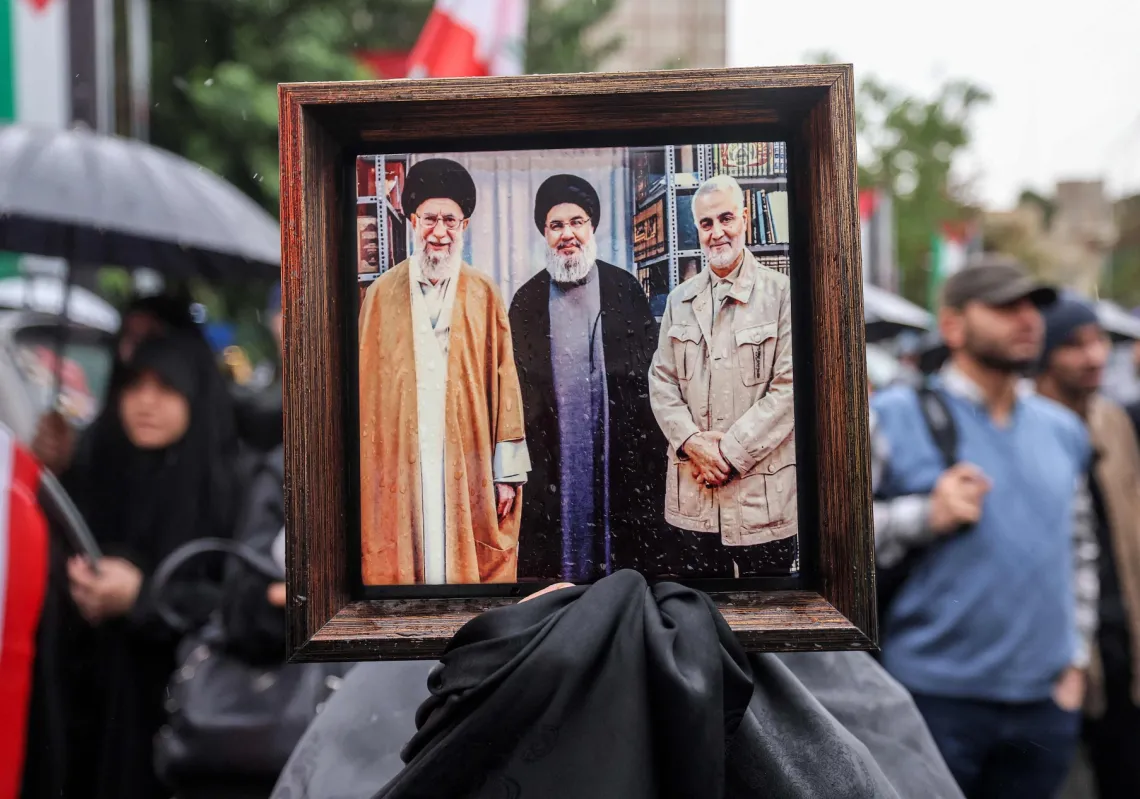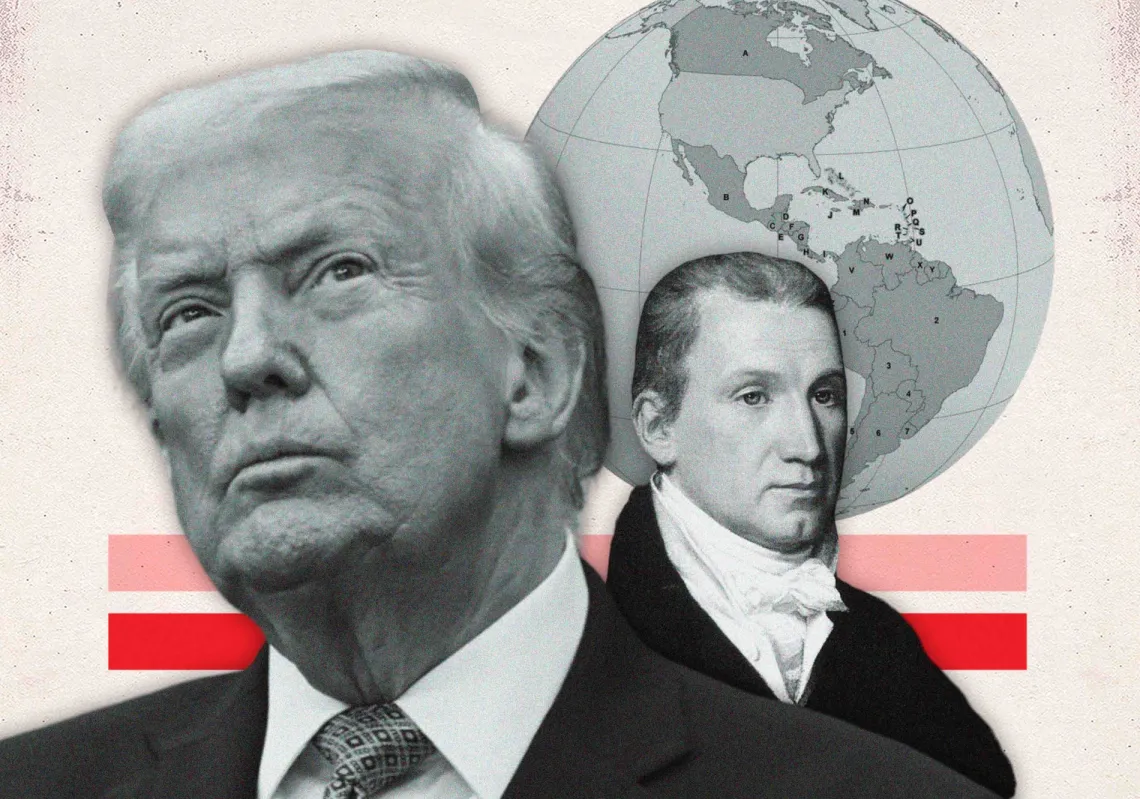 Taiwanese high school graduates, wearing headbands reading "Victory", boost their morals in their crammed classroom in Taipei, 27 June 2000, four days before their annual college entrance examination. (Getty Images)[/caption]
Taiwanese high school graduates, wearing headbands reading "Victory", boost their morals in their crammed classroom in Taipei, 27 June 2000, four days before their annual college entrance examination. (Getty Images)[/caption]
Thomas J. Shattuck*
Since Tsai Ing-wen was elected president of Taiwan in 2016, the Chinese Communist Party (CCP) has striven to undermine her in a number of ways: poaching Taiwan’s few remaining allies, opening new flight routes in the Taiwan Strait, preventing it from attending meetings of important international organizations, and increasing military pressure, among other things. Now, the CCP has outlined its latest plan to damage Taiwan. This time, it is through economics in the form of luring away the island-nation’s top talent by easing restrictions and providing incentives for both students and professionals to study or work in the People’s Republic.
This initiative, dubbed the “31 Measures” for the number of changes the Mainland’s Taiwan Affairs Council released in February 2018, will serve to boost China’s economy by infusing it with young, educated workers and (hopefully) undermine Taiwan’s economy by increasing the “brain drain” occurring there.
The 31 Measures are a variety of changes to current CCP policy regulating the ability of Taiwanese students to study and professionals to work in China. Twelve of the measures even the playing field by treating Taiwanese the same as Chinese, and 19 loosen regulations. Tax breaks are also included in the initiative.
The policy adds incentives for students or young entrepreneurs coming to Taiwan with the possibility of free rent for a number of years and food subsidies. The 31 Measures also expanded the number of areas that lawyers can practice from 20 to 237. Regulations regarding doctors, teachers, accountants, and other fields would be eased as well. The measures ease quotas for the number of Taiwanese allowed on film crews for television and film.
In some cases, Taiwanese people and their businesses would be put on the same level of their Chinese equivalents. And they could participate in China’s “Made in China 2025” program.
The 31 Measures are quite expansive in reach.
A Taiwan Public Opinion Foundation survey conducted in mid-March 2018 shows the response that China’s latest soft power effort has received in Taiwan. Forty percent view the 31 Measures “in a positive light,” 30.1 percent “see the incentive package as a goodwill gesture,” and 41.9 percent see it as “part of China’s ‘united front’ strategy and will bring no benefit to Taiwan.” In addition, 40 percent of people between the ages of 20 and 24 view the move in a positive light. With one third of the country viewing these efforts to steal Taiwan’s talent and damage Taiwan’s economy positively, the Taiwanese government should worry.
In one of its initial responses, the Taiwanese government warned anyone or any company considering taking up these offers that the CCP is not to be trusted and should think the ramifications of moving to a one-party state.
[caption id="attachment_55256286" align="alignnone" width="940"]
 Newly appointed Taiwan Premier William Lai (R) shakes hands with President Tsai Ing-wen (C) and outgoing Premier Lin Chuan during a press conference held at the presidential office on September 5, 2017 in Taipei, Taiwan. (Getty Images)[/caption]
Newly appointed Taiwan Premier William Lai (R) shakes hands with President Tsai Ing-wen (C) and outgoing Premier Lin Chuan during a press conference held at the presidential office on September 5, 2017 in Taipei, Taiwan. (Getty Images)[/caption]
WHY ARE TAIWANESE LEAVING TAWAIN?
In 2015, according to the Directorate-General of Budget, Accounting and Statistics (DGBAS), a total of 720,000 Taiwanese worked abroad, out of a population of almost 24 million. Of those working abroad, 420,000 worked in China. There are unofficial reports that over 1 million Taiwanese work abroad.
In a 2017 Time article, Eddie Chen, a citizen of Taiwan who moved to Beijing, explained the allure of working in China. His succinct statement explains Taiwan’s economic problems: “China has a bigger market and there is more globalization here. . . . Taiwan does not offer many opportunities for young people.” Similar stories quoting disaffected Taiwanese youth working in China have appeared across Western media outlets, including BBC, Christian Science Monitor, and the New York Times. Each story paints the same picture: China offers more opportunities.
Wages in Taiwan have remained stagnant since the 1990s. According to Time, in 1999, someone with a Bachelor’s degree earned $900 per month, and in 2016, the same person would earn $925. The number of working poor has increased to 1.3 million, of which 33% are between the ages of 21 and 30. While wages have remained the same, prices of goods, service and real estate have increased. Young adults with a Bachelor’s degree in China earned approximately 20% more than those with similar qualifications in Taiwan. The numbers are even higher for Hong Kong and Singapore.
The youth unemployment rate is another hurdle. According to the DGBAS, in February 2018, the unemployment rate was 11.89% for young adults ages 20-24 and 6.46% for young adults ages 25-29. Unemployment for adults over the age of 30 never eclipsed 3.5%.
These two statistics—young adult salary and unemployment—demonstrate why Taiwanese people are leaving Taiwan for China for employment. There are more opportunities with higher pay there. They can forgive living in a one-party state instead of a democracy when their coffers are being filled. A 2016 Business Weekly survey found that 89% of Taiwanese between the ages of 20 to 35 are seeking employment abroad due to the low salaries in Taiwan.
The situation is not dire yet, but if conditions do not change, then Taiwan will find itself with a significant shortage of young talent to fill out its work force. Further complicating matters is the recent announcement from Taiwan’s Interior Ministry saying that Taiwan “has officially entered the stage of an ‘aged society’ as Taiwanese people over 65 years old accounted for 14.05% of the country’s total population at the end of March, which means one out of every seven people in the country is a senior citizen.” If China is successful in its latest effort to undermine Taiwan, it could have a negative impact on Taiwan’s economy, perpetuating this self-fulfilling cycle.
[caption id="attachment_55256287" align="alignnone" width="940"]
 Han Zheng, China's executive vice premier, second row from left to right, Wang Huning, member of the Communist Party of China's Politburo Standing Committee, Zhang Gaoli, China's former vice premier, Zhang Dejiang, chairman of the Standing Committee of the National People's Congress (NPC), Xi Jinping, China's president, Li Keqiang, China's premier, Yu Zhengsheng, former chairman of the Chinese People's Political Consultative Conference (CPPCC), Wang Yang, chairman of the Chinese People's Political Consultative Conference (CPPCC), and Zhao Leji, secretary of the Central Commission for Discipline Inspection, attend the closing of the First Session of the 13th National People's Congress at the Great Hall of the People in Beijing, China, on Tuesday, March 20, 2018. (Getty Images)[/caption]
Han Zheng, China's executive vice premier, second row from left to right, Wang Huning, member of the Communist Party of China's Politburo Standing Committee, Zhang Gaoli, China's former vice premier, Zhang Dejiang, chairman of the Standing Committee of the National People's Congress (NPC), Xi Jinping, China's president, Li Keqiang, China's premier, Yu Zhengsheng, former chairman of the Chinese People's Political Consultative Conference (CPPCC), Wang Yang, chairman of the Chinese People's Political Consultative Conference (CPPCC), and Zhao Leji, secretary of the Central Commission for Discipline Inspection, attend the closing of the First Session of the 13th National People's Congress at the Great Hall of the People in Beijing, China, on Tuesday, March 20, 2018. (Getty Images)[/caption]
TAIWAN’S EFFORT TO FIGHT THE BRAIN DRAIN
The Taiwanese government is not going down without a fight. It has released new policies to combat the expected increased brain drain to China.
In March 2018, Premier William Lai noted several mechanisms that are in place to encourage companies to invest in local talent. In January 2018, tax reform was passed lowering the highest rate from 45 to 40 percent. Other changes relating to tax deductions were also implemented to encourage greater investment in innovation and technology as well as in retaining workers. Lai said that the mechanisms are in place, but now companies need to take advantage of them. Companies can use these tax breaks to pay employees more without hurting their bottom line.
Tsai’s Cabinet also released its “Four Directions and Eight Strategies” to combat the brain drain. The four directions are at aimed at “improving the study and work environment favoring talent, maintain Taiwan’s advantages in the global supply chain, deepen the capital market and strengthen the cultural and audiovisual sector.”
The eight strategies involved better financial support and working conditions for a variety of fields, particularly in academia, medicine, and innovation.
The New Southbound Policy, Tsai’s effort to increase engagement with India and Southeast Asia, is also an area that could help ease the burdens of the brain drain by luring workers from these countries with the prospect of better wages and working conditions. Since 2016, the policy has been successful in increasing trade across the region. As Taiwan continues to engage with its neighbors to the south and people become more familiar with the country, it is hoping that they will be attracted to study or work there.
Most recently, Tsai announced the appointment of Chen Chu, the mayor of Taiwan’s southern city of Kaohsiung, as the secretary-general of the Presidential Office. Chen is a popular figure in Taiwan from her time as mayor and as a leading democracy activist. She served six years in jail during the martial law period for her activism. Appointing Chen to this key position will provide Tsai with a known face to help her implement the necessary reforms to counter the brain drain.
Even before the CCP announced its 31 Measures, Taiwan had a problem with keeping its top talent in-country. With added incentives of tax breaks, higher wages, and equal footing, Taiwanese citizens, especially young college graduates, have even more of a reason to leave Taiwan for China. However, Tsai’s government has worked to remedy these problems by reforming different parts of Taiwan’s economy. There now is an added impetus to fast-track these reforms and encourage companies to take advantage of them due to China’s latest moves to undermine Taiwan.
*Thomas J. Shattuck is the Editor of Geopoliticus: The FPRI Blog and a Research Associate at the Foreign Policy Research Institute.









